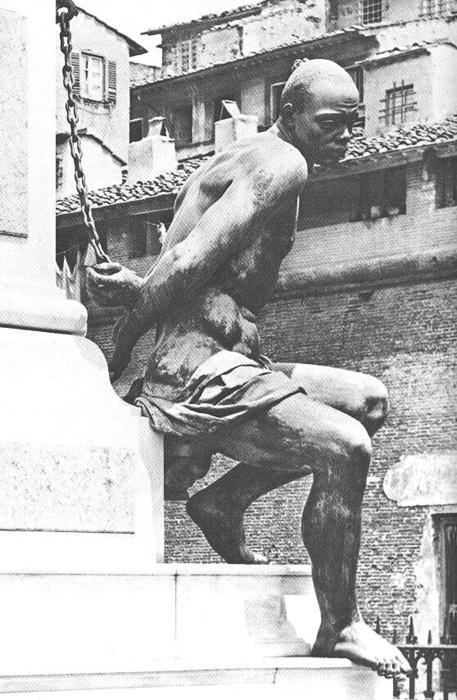THE SINS OF OUR FATHERS
E. M. Forster’s “A Passage to India” explores the racial tensions and prejudices that existed during the 1920’s between the indigenous people of that country and the British colonists. The novel documents the misunderstandings that existed and although the book ends ambiguously, it raises real questions about whether the two cultures could ever co-exist.
I was reminded of the novel when a friend recently sent me an article from South Africa. The article’s white author disputes the reasonableness of a demand made by a Black African leader: that those who ruled under Apartheid should pay a “wealth tax” for the benefits they received. Not so fast, the writer counters. Under white rule life expectancy for blacks increased, they received the highest standard of education on the continent and the nation’s economy can draw a straight line to white rule.

(Yahoo Images)
Well, that’s his argument. Of course this approach conveniently ignores the basic immorality of slavery and the violent suppression of a race.
Still, I feel a hypocrite in pointing out his omission. I have made no reparations to the descendants of slaves in my country. I don’t recall apologizing to anyone for what happened. After reading the white South African’s defense of his past, it reminds me that now would be a good time to make my personal amends for my country’s history. I do apologize for the ignorance and cruelties perpetrated by my race upon another. Words aren’t enough, of course, and I don’t feel superior in thinking that had I lived in that earlier time, I would have been as enlightened as I feel I am today. Morality is clearest when viewed backwards, through the prism of time.
I see no shame is admitting past mistakes and seeking forgiveness. If there is no hope in the act of contrition, then Forster’s suggestion that differing cultures can’t communicate is right. But, I’m too much of an optimist to accept that.